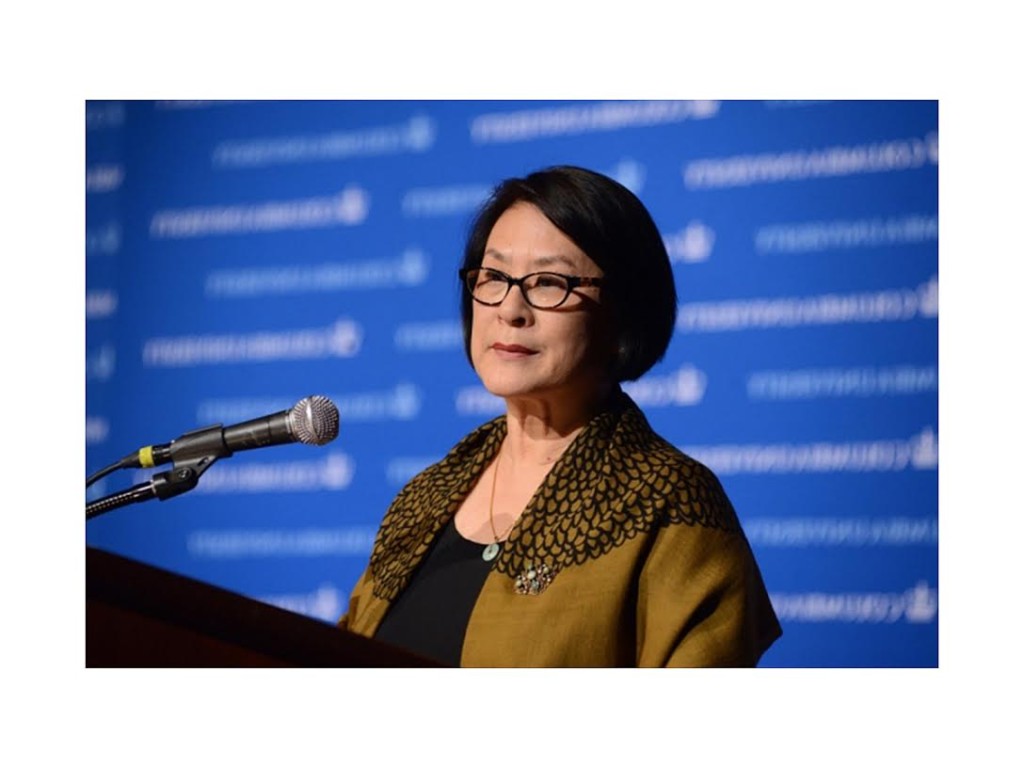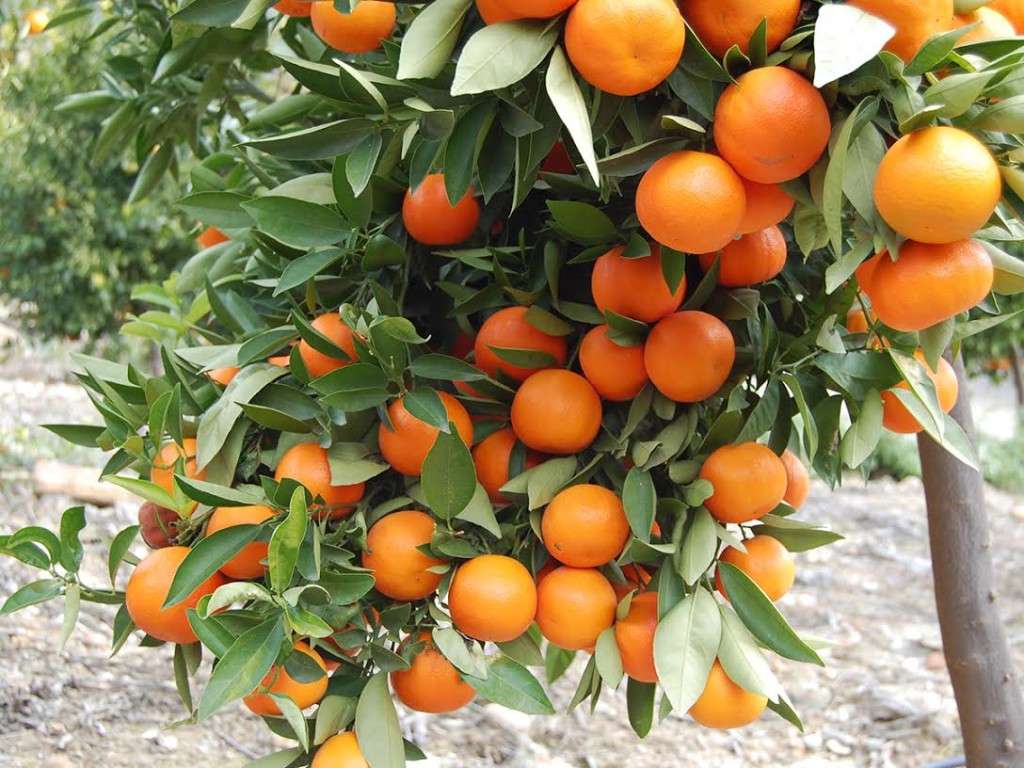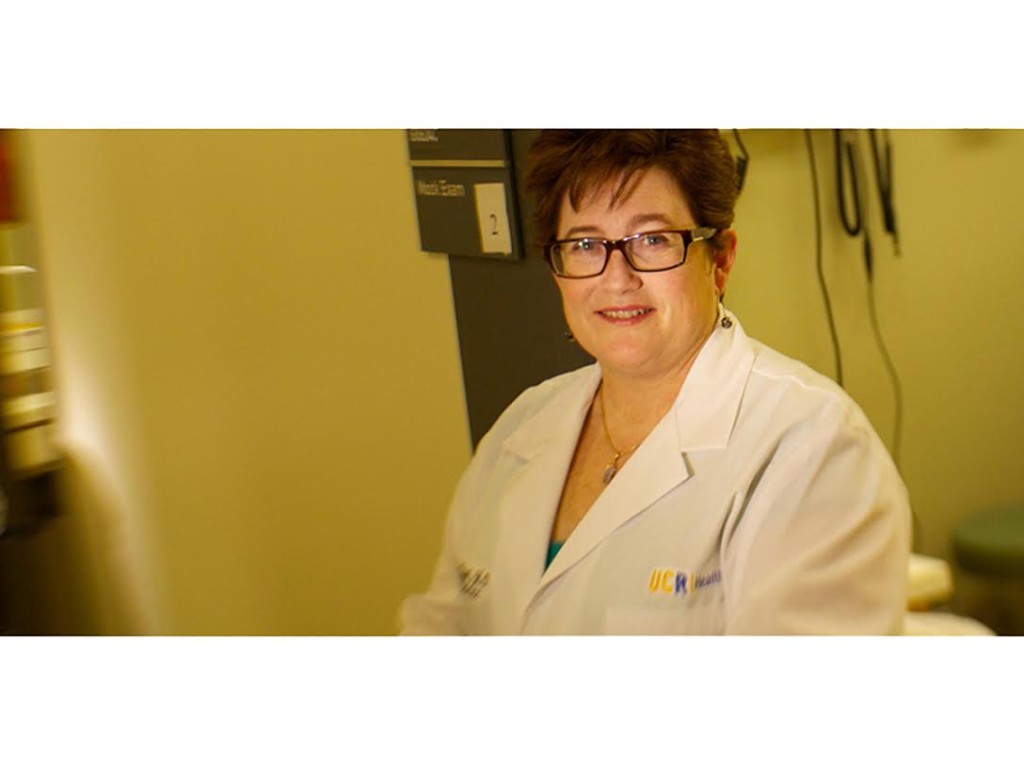 Professor to give talk on U.S. as a nation of immigrants
Professor to give talk on U.S. as a nation of immigrants
On Thursday, Jan. 14, Mai Ngai – professor of history and Lung Family Professor of Asian American studies at Columbia University — will give a lecture titled, “The United States as a Nation of Immigrants: A Short History of an Idea.” The lecture will be held at INTS 1113 at 3 p.m. as part of the UCR Phi Beta Kappa Visiting Scholar Program and is co-sponsored by the University Honors program.
The lecture will focus on the topic of past and present immigration policies in the United States. “Without denying the power of the ‘nation of immigrants,’ I will put this idea under scrutiny by considering its empirical validity, the origins of the idea, and its uses and abuses,” she told UCR Today. “In particular I test the idea by comparing and contrasting the experience and conditions of possibility for socio-economic mobility for the two great waves of labor migration to the U.S. at the turn of the 20th century and at the turn of the 21st.”
Ngai is the author of the award-winning book “Impossible Subjects: Illegal Aliens and the Making of Modern America” and “The Lucky Ones: One Family and the Extraordinary Invention of Chinese America.”
 Extension center offers citrus tree course
Extension center offers citrus tree course
A course called, “Citrus Trees in the Garden,” will be offered at the UCR Extension Center and taught by Thomas Shea, a laboratory assistant with UCR’s Citrus Variety Collection. The class will be held over two sessions that take place Friday, Jan. 22 at 6 p.m. and Saturday, Jan. 23 at 9 a.m. and end with a field trip to the Citrus Variety Collection.
The course will teach the “selection, planting and care of citrus trees in the home garden.” It will also present information on: insect control, site assessment and irrigation and disease, among other things. The course fees total $65 and enrollment is accessible through the Extension Center website.
Before UCR’s development as an educational institution, the Citrus Experiment Station and the Citrus Variety Collection were established in 1900 to support the needs of the developing citrus industry in Southern California. The Citrus Variety Collection is one of the most important and diverse citrus collections in the world with over 1,000 types of exotic and common citrus trees. It will also host a Public Citrus Day on Tuesday, Jan. 26. Registration for the event is available at UCR’s Division of Agriculture and Natural Resources website.
 Ninth annual Glial-Neuronal symposium to be held at UCR
Ninth annual Glial-Neuronal symposium to be held at UCR
The ninth annual Southern California symposium “Glial-Neuronal Interactions in Health and Diseases” will be held on Jan. 8 at 9:30 a.m. in HUB 302. The symposium will feature lectures from researchers in the field of neuroscience with respect to glia, which are non-neuronal elements of the central nervous system (CNS). A $175 registration fee that covers lunch is required for attendees from for-profit organizations while non-profit organizations and members of the press get in for free.
Previously underestimated in their functionality, glia — comprising approximately 90 percent of cells within the CNS — have been found to be important in optimizing brain and spinal cord function, maintaining homeostasis and providing protection to the neurons. Because of this finding, research and interest in the glia in recent years has increased.
“Glia help guide where neurons can grow and they also edit the neurons,” Monica Carson, professor of biomedical sciences at UCR’s School of Medicine, explained to UCR Today. “Classic neurologic problems are linked to glia failing to edit appropriately, adequately or correctly. If we want to predict the outcome of traumatic brain injury or if we want to predict susceptibility to or progression for spinal cord injuries, Alzheimer’s disease, schizophrenia or autism, we have to monitor the glia.”
Attendees were encouraged to submit posters relating to glia before the Dec. 18, 2015 deadline. A time slot will be made available for the presentation of these posters during the symposium. Last year’s symposium garnered 225 participants with more than 40 posters from all over Southern California. The symposium is sponsored by UCR’s School of Medicine, the Graduate Program in Biomedical Sciences, the Graduate Program in Neurosciences and various other sponsors.








